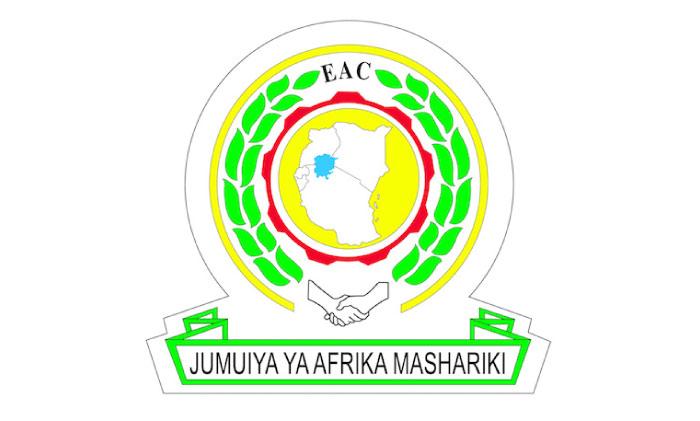On 8 May, 2018, the Ministry of Health of the Democratic Republic Congo (DRC) declared an outbreak of the Ebola Virus Disease (EVD) in the Bikoro Health Zone, Equateur Province in the Western part of the country.
By 15 May, 2018 a total of 44 EVD cases (3 confirmed) had been reported with 19 deaths, including three health care workers. As of 16 May, 393 contacts had been identified and are being followed. A new confirmed case in the 1.2 million people town of Mbandaka, some 150 km away from Bikoro, increases the risk of spreading the disease.
The World Health Organization (WHO), Medecins Sans Frontieres (MSF), the International Committee of the Red Cross and other international organization are on site and supporting the DRC in the fight against the outbreak, the ninth that has occurred in the country.
Ebola is a zoonotic virus disease that is transmitted from animals to humans. Experts believe that bats are the reservoir for the pathogen. While they do not get sick, the Ebola virus causes a severe, often fatal illness in humans. It spreads in the human population through human-to-human transmission, via direct contact with the blood, secretions, organs or other bodily fluids of infected people and through contaminated surfaces and materials, such as bedding or clothing. There is no therapy yet for EVD and about 50% of people infected with the virus may die. Health workers have an increased risk due to the nature of their work that exposes them to infected people.
Five out of six EAC Partner States share borders with the DRC, and all of them maintain close trade relations with high border traffic. There are also direct flights between the DRC and individual East African Partner States. These factors have caused the EAC to be on high alert. Partner States have put safety measures in place that range from screening people arriving from DRC at the border posts for signs of the disease to alerting health personnel; enhancing diagnostic capacities at major research centres; and informing citizens of the risk and of preventive measures. To date, no cases of Ebola have been detected in the EAC region.
The EAC region has experienced a number of Ebola outbreaks in the past, and some 500 East African experts assisted in the fight against Ebola in West Africa in 2014-2016, when the disease killed more than 11,000 out of almost 30,000 infected people. These experts represent a unique pool of professionals from different disciplines, all with hands-on experience in responding to EVD outbreaks. They can be mobilised at short notice to join the common effort of preventing the disease to spread into the EAC.
Still, the EAC Secretariat encourages the public to be vigilant and alert. People should seek medical attention when the following symptoms are observed: a sudden onset of fever, fatigue, muscle pain, headache and sore throat. This is often followed by vomiting, diarrhoea, and a skin rash. It can be accompanied by internal and external bleeding (e.g. oozing from the gums, blood in the stools). The public is also urged to continue cooperating with the health workers of their nearest health facilities by availing themselves of information about EVD.
The EAC Secretariat commends the Partner States for their vigilance and quick and prudent response across disciplines as reflected in the One Health approach. The Secretariat will continue to monitor the situation together with the EAC Partner States to detect any occurrence of EVD in the region at the earliest possible time.

